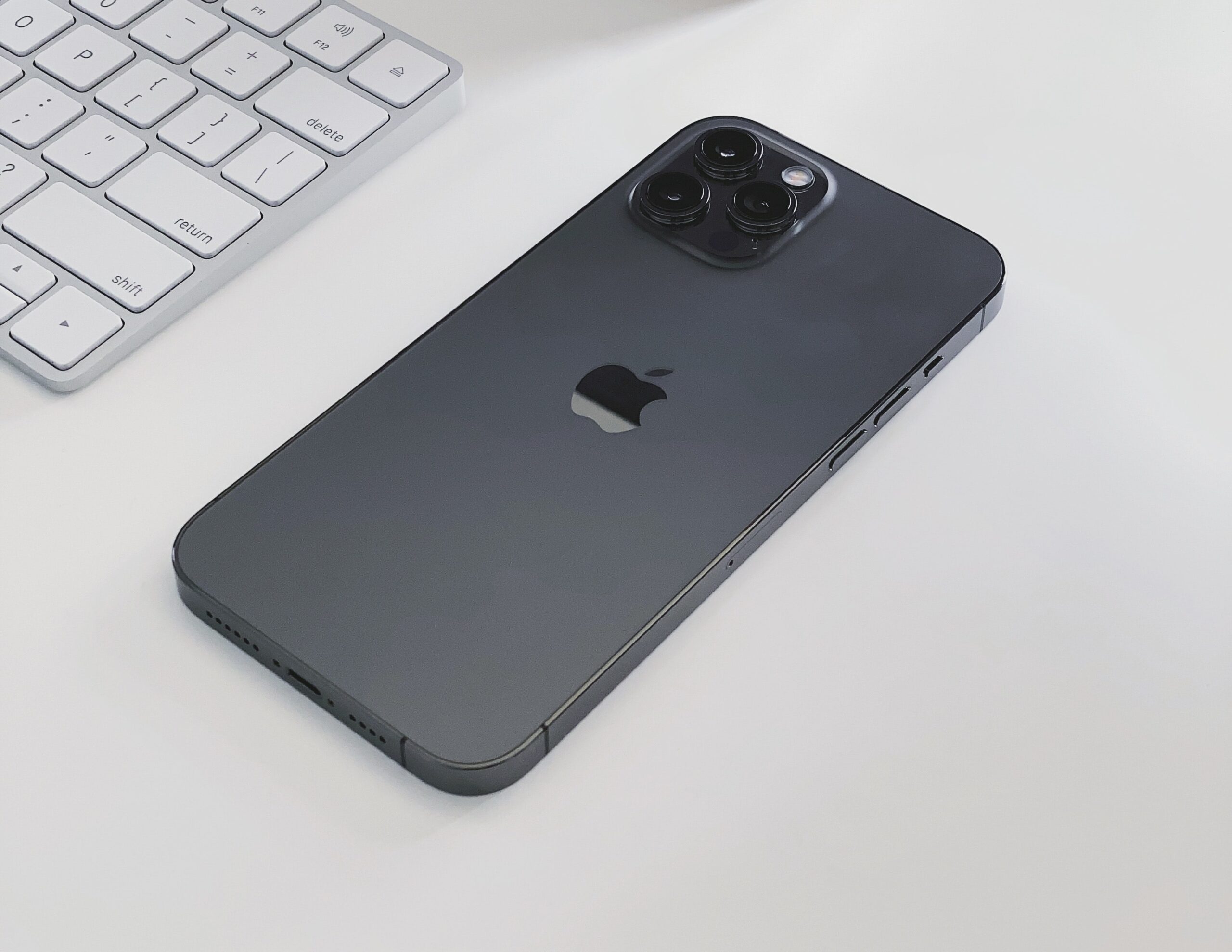Following the clearance from a judge, Apple is set to distribute a $500 million settlement among participants in a class-action lawsuit from 2020. The lawsuit emerged subsequent to Apple’s acknowledgment of deliberately reducing the performance of specific iPhone models in 2017.
Individuals eligible for compensation include claimants who owned qualifying iPhone models. These models encompass the iPhone 6, 6 Plus, 6s, 6s Plus, and SE, all operating on iOS 10.2.1 or newer before December 21, 2017.

Additionally, the iPhone 7 and 7 Plus running iOS 11.2 or later before the same date are also part of the eligible group. Each claimant will receive approximately $65 as part of the settlement.
The settlement granted a sum ranging from $310 to $500 million, which will be divided among over 3 million claimants. However, the exact payment amount for customers remains uncertain, with the estimated figure of $65.
It’s important to note that not all owners of the mentioned iPhone models will receive compensation, as the opportunity to join the lawsuit was only available until October 6, 2020.
In 2018, Apple faced allegations of intentionally reducing the performance of the mentioned iPhone models in response to user reports of unforeseen shutdowns spanning from 2015 to 2016.
These shutdowns occurred abruptly, regardless of the devices holding more than 30% battery capacity.
This issue arose due to the incongruity between the hardware capabilities and the escalating requirements of the frequently updated iOS, which serves as the operating system for iPhones.
Responding to these grievances, Apple took note and introduced a software update aimed at resolving the shutdown issue.
Nevertheless, this update employed a strategy of performance throttling solely for these iPhones. The objective was to “mitigate the occurrence of unanticipated device shutdowns” during cold temperatures, instances of low battery charge, or the aging of the device. This approach was elucidated in a statement provided during that period.
In 2017, following its acknowledgment of deliberately reducing performance on certain older iPhone models to preempt other shutdown complications, Apple became entangled in the lawsuit.
